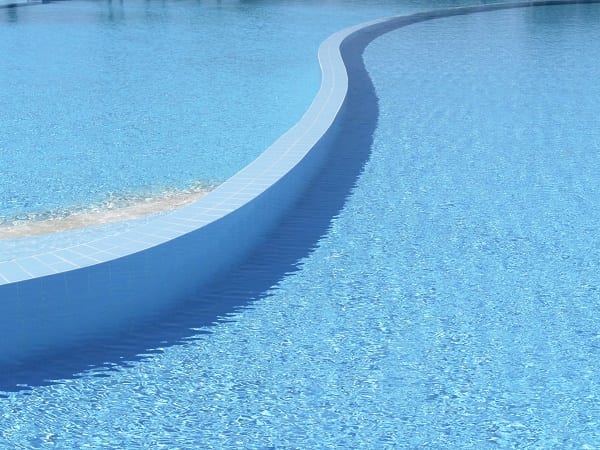Are you a do-it-yourselfer when it comes to swimming pool maintenance? If that’s the case, then kudos to you! If you’re new to pool care and maintenance you may be wondering how to understand pool water alkalinity. Whether you hire the swimming pool service contractorsd from SwimRight Pool Service & Repair in Scottsdale, AZ to clean and maintain your pool for the season or if you want a single cleaning and lesson in pool cleaning and chemistry, give us a call.
What is pool alkalinity?
The swimming pool service professionals from SwimRight get asked by customers trying to understand pool water complexities — alkalinity being one of them. The pool water alkalinity is one of the important factors a pool contractor checks and makes certain is in proper alighment. Chemical levels — more than just the alkalinity — need to be addressed, balanced and continually monitored. Pool water chemistry that is not balanced leads to red eyes, itchy skin and can damage the pool equipment and even lead to algae growth.
Testing the pool water chemistry is a crucial aspect of pool ownership. It is right up there with skimming, vacuuming and other maintenance tasks. Caring for a pool is a lot of work — especially if you’re not experienced in it.
How to understand pool water alkalinity
Total alkalinity is pool water pH levels. Alkalinity is the measure of hydrogen ion concentration in the water and total alklinity is the waters’ ability to neutralize hydrogen ions. When testing and measuring the total alkalinity it is measured in parts per million (ppm) and is a combination of carbonates, hydroxides and bicarbonates in the water.
The total alkalinity can impact the water and increase its resistance to change in pH levels.
What is the importance of alkalinity levels?
When the total alkalinity gets too low, pH levels change when impurities enter the water. NOTE: A swimmer entering the water brings impurities When pH rapidly decrease, it leads to etching of the tiles and corrosion of the filters and plumbing and other crucial swimming pool components. It can be costly to let the alkalinity levels get out of line.
An experienced pool service contractor understands the subtle nuances of pool water chemistry and the importance of keeping all chemicals balanced so they all work properly together. When total alkalinity gets too high it’s difficult and time-consuming to re-adjust.
What needs to be done to get alkalinity levels correct?
Sodium bicarbonate will be added to raise total alkalinity. Other water chemistry may also need to be checked and balanced as working on one leads to others getting unbalanced.
You may actually find it (definitely) easier and (probably) less expensive to work with a pool service professional to manage and track chemical balances to assure water chemistry won’t require rebalancing and potentially put the pool out of commission.


